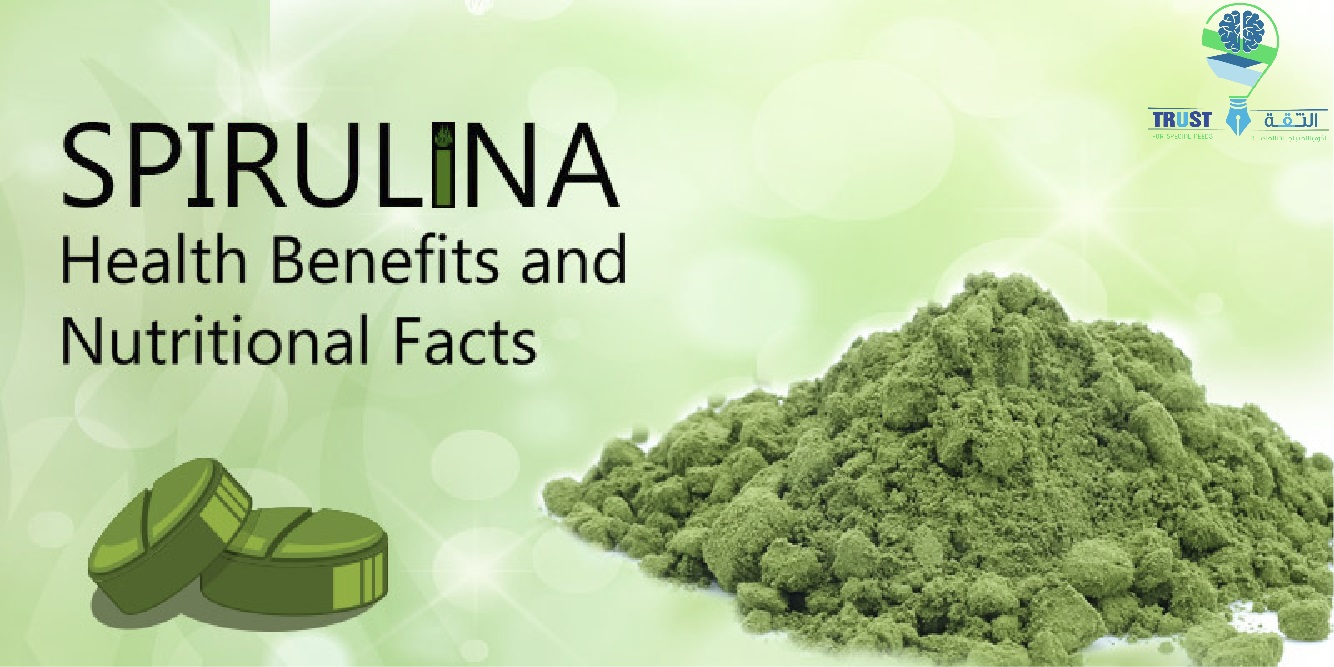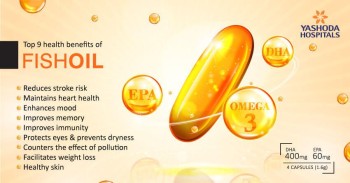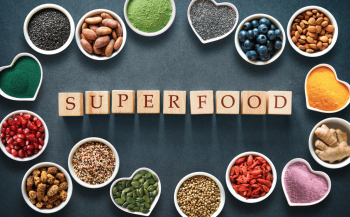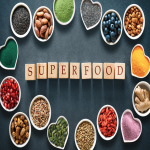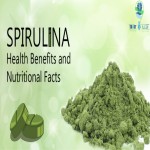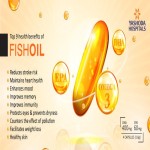Spirulina .. the superfood
What is spirulina?
Spirulina is a type of blue-green algae. It is believed to be one of the oldest forms of life on Earth. Spirulina is considered a superfood due to its nutritional content and tremendous mental and body health benefits. Spirulina is an excellent source of nutrients, including protein, as it contains comparable amounts to eggs. As spirulina contains proteins and vitamins, this makes it a suitable food supplement for vegetarian people.
Spirulina has antioxidant, anti-inflammatory and immune support properties. Spirulina was used in treatment of various diseases anciently .
Spirulina has a bitter taste and is often mixed with yoghurt and juices to improve its flavour. Spirulina is available as a dietary supplement in health food stores.
Nutritional facts about spirulina:
One tablespoon (7 grams) of dried spirulina powder contains
Calories: 20 calories
Protein: 4 grams
Fat: 1 g
Carbs: 2 grams
Fiber: 0g
Sugar: 0g
Vitamin B1 (Thiamine): 11% of the RDA
Vitamin B2 (Riboflavin): 15% of the RDA
Vitamin B3 (Niacin): 4% of the RDA
Copper: 21% of the RDA
Iron: 11% of the RDA
It also contains considerable amounts of magnesium, potassium, manganese and small amounts of almost all other nutrients.
Health benefits of spirulina:
The health benefits of spirulina are due to the presence of a group of antioxidants, including phycocyanin, which is a blue-green pigment. Phycocyanin fights free radicals and protects the body from cell damage.
These free radicals in the body resulting from natural processes and exposure to harmful substances, such as alcohol, smoking and eating some kinds food, cause tissue damage and may contribute to inflammation and possibly some types of cancer.
- Spirulina as
Antioxidant and anti-inflammatory:
Oxidative damage in the body can damage DNA and cells. This damage leads to chronic inflammation that contributes to cancer and other diseases.
Phycocyanin is the main active compound in spirulina that fights oxidation and inflammation.
- Reduces allergy symptoms:
The anti-inflammatory effect of spirulina's antioxidants may help people with allergies to pollen, animal hair, and dust. Allergic rhinitis which is caused by inflammation of the nasal passages, Spirulina significantly reduces its allergy symptoms such as congestion, sneezing and itching. That's why spirulina is a good alternative to allergy medications.
- Immune system support:
Spirulina is rich in vitamins and minerals such as vitamins E, C and B6. Spirulina also promotes the production of white blood cells and antibodies that fight viruses and bacteria in the body. It fights Herpes, influenza and HIV.
- Its anti-cancer properties:
The antioxidants in spirulina have anti-inflammatory effects in the body, as chronic inflammation contributes to cancer and other diseases. Spirulina is anti-inflammatory and anti-cancer, as it was found to prevent tumour growth and kill cancer cells.
Spirulina is an anti-cancer, especially for certain types of cancerous lesions in the mouth, called OSMF. It reduces the incidence of cancer from the beginning and reduces the size of tumour.
- Spirulina
and cholesterol:
Spirulina lowers total cholesterol, bad cholesterol and triglycerides, while raising good cholesterol.
Body fat is susceptible to oxidative damage, this is known as lipid peroxidation, and it is a major driver of many serious diseases. The antioxidants in spirulina can help prevent this.
- lowering
blood pressure:
In addition to lowering cholesterol, spirulina may help in lower blood pressure.
Spirulina increases nitric oxide production in your body as well, which helps blood vessels relaxation. Spirulina lowers blood pressure, lowering the risk of heart disease.
But be careful, higher doses of spirulina may lead to a decrease in blood pressure levels above normal.
- Spirulina
and anaemia:
Spirulina reduces anaemia in the elderly, as spirulina supplementation increases the haemoglobin content of red blood cells.
- Regulating blood sugar:
Spirulina helps to lower blood sugar, raise insulin levels, and improve liver enzyme markers.
A decrease in HbA1c, a marker of long-term blood sugar levels, has been observed from 9% to 8%, after taking spirulina. Studies estimate that a 1% decrease in this indicator can reduce the risk of diabetes-related death by 21%.
- Improve gut health:
Spirulina supports gut health with age. Spirulina maintains healthy gut bacteria during the ageing process.
Spirulina does not contain much fibre, so people should eat it along with other foods rich in fibre.
- Maintaining
eye and oral health:
Spirulina contains beta-carotene, the antioxidant. The body converts beta-carotene into vitamin A, which plays a key role in eye’s health and reduces the risk of cataracts and age-related vision loss.
Spirulina has antibacterial properties that help promote oral health, in cases of oral lesions; usually due to smoking. Spirulina reduces the risk of oral cancer for smokers. Mouthwashes enriched with spirulina reduces dental plaque and the risk of gingivitis.
- Increase
metabolism and useful for weight loss:
Spirulina helps in boosting an individual's metabolism. A higher metabolic rate may increase the number of calories burnt, which may aid weight loss.
In some studies, people who took 6g of spirulina daily had beneficial metabolic effects, along with weight loss and an improved health-related quality of life.
- Improve
muscle strength and endurance:
Oxidative damage from exercise is the main cause of muscle fatigue. The phycocyanin in spirulina fights oxidation and inflammation.
Spirulina has many benefits for exercises, including enhancing endurance and increasing muscle strength by increasing the time it takes to reach fatigue.
- Supports
mental health:
Spirulina plays an effective role in treating mood disorders. Spirulina contains tryptophan, an amino acid that supports serotonin production. Serotonin plays an important role in mental health. This includes depression, anxiety, and other mental health conditions with low levels of serotonin.
Appropriate dose of spirulina:
According to the National Institutes of Health (NIH) Spirulina as a product of blue-green algae
- Doses up to 19 grams per day for a maximum of 2 months
- Or up to 10g per day for a maximum of 6 months.
As for dietary supplements, people should not exceed the dosage stated on the product label.
When is spirulina unsafe to use?
- During pregnancy
- for kids
- People With autoimmune diseases such as multiple sclerosis and rheumatoid arthritis, as it can increase immune activity.
- Before or after surgery, this may affect your blood sugar levels.
The high levels of contaminants in spirulina products can lead to liver damage, vomiting, weakness, rapid heartbeat, shock and possibly death so be cautious.
